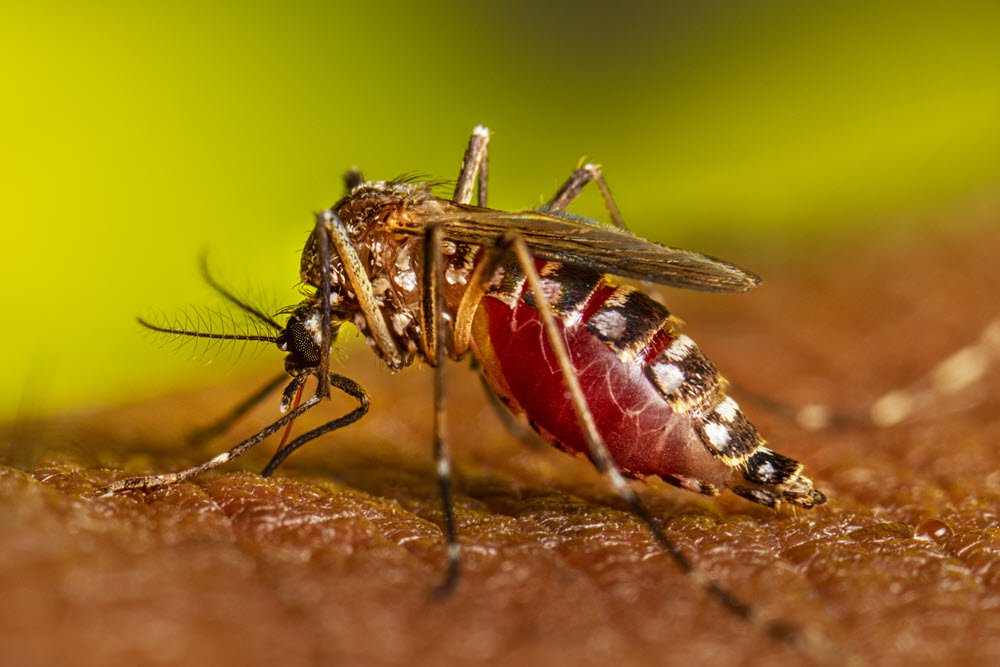As unfortunate as it is, 2022 has undoubtedly raised the bar in getting the most dengue cases in a year. With over 220,000 patients in the said twelve-month period, the Department of Health’s Disease Surveillance Report crunched the numbers. It revealed that the number of cases rose 182% compared to the reported incidences over the same period in 2021. Notably, from recording 78,223 cases the previous year, 2022 has made an enormous leap, surpassing the former figure by a landslide. On another note, it is without a doubt that climate change has only been getting worse each year. With that said, people should not only think of melting icebergs and rising sea levels - as this is not the only detrimental effect that global warming brings to the table. For instance, an article by The Rockefeller Foundation mentioned how rising temperatures and unexpected floodings had created a new, perfect breeding ground for mosquitos beyond their traditional nest. Given that, illnesses like Dengue, Zika Virus, and Malaria pose more threats to Filipinos now than ever because of the contributing environmental factors that cause Dengue. Not only that, but now that we have established how climate change and Dengue fever can be correlated, we must be more cautious since we live in a highly humid country.
With everything mentioned, now might be a good time to start thinking of ways how to prevent Dengue in your household! And fret not - this article will help you understand Dengue and other mosquito-borne diseases and provide insights on how to avoid accidentally breeding them.
What is Dengue?
Image Source: CDC “Life Cycle of Aedes aegypti and Ae. albopictus Mosquitoes”
In a nutshell, Dengue is a viral infection that can be contracted when a person gets bitten by an Aedes aegypti, the mosquito responsible for transmitting Dengue in the Philippines. Mainly, this type of mosquito loves high humidity and temperatures, according to Dr. Belle M. Ranile, a pediatric infectious disease specialist from Cebu City. Notably, this only strengthens the relationship between climate change and dengue fever. Traditionally, Dengue mosquitos lay their eggs on drums or buckets with water, portable pools not in use, or basically in any clean, stagnant water. With that, this is where people must pay extra attention. Since most households in the Philippines have plants that need watering and pre-filled drums at home, this may increase the risk of inviting mosquitos to breed in their homes. After all, the rise in cases is incredibly alarming since the majority of cases fall under the pediatric age group, as stated by Dr. Ranile (Dengue cases from January to May 2022).
Other Mosquito-Born Diseases to watch out for:
Dengue is only one of the diseases you need to keep your guard on. For instance, other mosquito-born illnesses include Chikungunya Virus, which affects adults and shows symptoms similar to Dengue, such as fever and joint pains. On a lighter note, this disease is not as deadly as Dengue. However, it still requires urgent medical attention. Moreover, this virus can be contracted through a bite by the same vector as Dengue - an Aedes aegypti. And to add to that, this type of mosquito can also be held responsible for Yellow Fever and Zika Virus. On that note, imagine the gravity of the consequences of leaving water-filled household containers inside your home. You may be breeding vectors that will pose a grave threat to anyone inside your house - kids, teenagers, adults, and the elderly.
What is the future of Dengue?
With the current unfavorable statistics of the disease’s cases in the country and the environmental factors causing Dengue, the question “what is the future of Dengue?” is relatively easy to answer. In a study by Bambrick et al., they observed that climatically more suited places for breeding the vector face an increased illness burden and a wider distribution of cases. Not only that, but the Philippines is already nearing its rainy season - wherein in a few months, Filipinos will then again suffer from unprecedented floods and the build-up of stagnant waters, increasing the breeding ground for the dengue-transmitting mosquitos.
How to Prevent Dengue
There are a plethora of ways how to prevent getting Dengue, and here are the most crucial ones:
Use insect repellents
Using insect repellent ensures your family a worry-free and dengue-free home. Not only that, but most insect repellents provide over 6-8 hours of protection against mosquito bites, depending on which brand you prefer. However, it is still advisable to consult your doctor for the ideal insect repellent for children.
Keep your home clean.
Leaving junk inside or outside your home can provide a habitat for mosquitos to breed into. Particularly, pay closer attention to adequately disposing of empty containers and old tires you will not use anymore, as they can be filled with water.
Cover water containers and clean them regularly
Pet water containers, plant dishes, and flower vases are commonly found in every home and are not considered to pose a threat. However, with the rising cases of Dengue in the country, it is better to be safe than sorry! Start making an effort to cover containers with liquids inside. Of course, you do not need to dispose of everything. But make sure to clean them regularly.
Wear protective clothing
Protective clothing like pants, pajamas, and long sleeves may help, especially if there is a Dengue outbreak in your area. Moreover, make sure to make every effort count now that the rainy season is just right around the corner.
Put up screens
Screens on windows and doors help keep insects outside your home. This is an excellent primary prevention and an ideal first step into building a dengue-free home.
But aside from putting up screens, living in a condo has many pros when discussing preventing Dengue. Notably, you will no longer fear floods and rainy days as you will not have a roof gutter to clean nor dripping raindrops inside your casa.
With Dengue cases rising in the country, it is vital to be aware of this situation and do everything in your power to prevent contracting the said illness. There are countless ways to avoid breeding vectors, like cleaning your environment or changing it altogether. That said, living in a condo provides added protection against these diseases. Bid farewell to floods and accumulated stagnant water in areas you are unaware of. Contact Vista Residences at (+63) 917 621 2507 or (+63) 998 968 1565 now!


.png)








